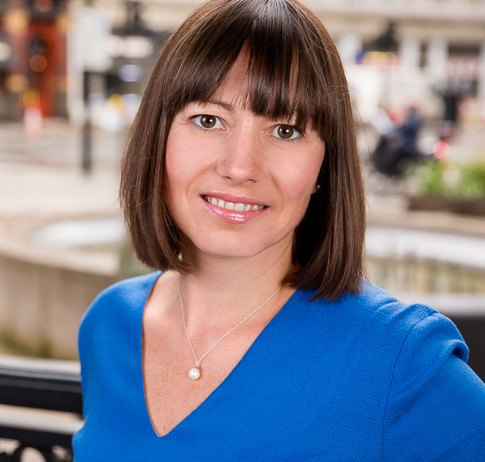Conflict during separation and divorce can be damaging for you and those you want to protect. What are the strategies for managing these issues, helping you regain control and achieving the best outcome? We talk to our client Deborah Fisher and her lawyer Claire Blakemore, who share their experience and learnings for parents.
Deborah Fisher is a senior IHEART teacher and trainer who delivers courses in Resilience Training for adults and children in organisations and schools around London. Email Deborah – debbie@iheartprinciples.com
Note: We have provided a transcript of the discussion in this video if you are unable to watch the video version. This transcript is generated using a combination of speech recognition software and human transcribers and may contain errors.
Deborah Fisher (00:07): My primary concern was to protect mychildren from any unnecessary conflict and suffering. The first thing I looked to do was tohire a very competent lawyer who would be strategicand logical and measured in her approach to howto guide me through the divorce proceedings. Once I was satisfied that that was in place, thenit really took a weight off my mind and Iwas really free to just concern myself with my ownwellbeing and my own resilience to the situation.The easier it was for me to actually bethere, to be present with my children to helpfind creative solutions for them moving forwards as well.Claire Blakemore (00:52): As a family lawyer, I often see clientswho are really focused on protecting their children.But unfortunately, a lot of parents arein conflict about arrangements for them. Maybe that's about how much time they'll spendwith each parent where they'll live and sometimesit's not even in the same country.Other issues such as schooling, medical treatment, even theuse of names and it's a vital part ofmy job to try and find solutions for them.
Well, it means bringing together the legal adviceand helping clients and that really involves themlistening, trying to see all sides, trying tounderstand and then really focus on a solution. Sometimes it can be hard for parents because theymay feel that they're being weak if they've compromised. But actually, if both parents can do thatand focus on solutions, then they can achievethe best outcome for their children.
Deborah Fisher (01:46): Luckily for me, when I was going throughmy divorce, I had embarked on an understanding,a training around my own resiliency.And once I understood the system that all humanbeings are a part of, that is inherently resilient.This was a game changer.I became far more calm.This was hugely beneficial for my children. So there's an enormous amount we can do to help children. I work with adults, but Ialso work independently with children. And once children begin to learn about their owninnate health and resiliency and how that system works,then they're just able to benefit from the advantagesof knowing that all the time.
Claire Blakemore (02:33): Well, there's lots of practical tools tohelp minimize conflict over communications and makingarrangements for day to day activities. If parents are in a really high conflict situationand they're struggling to find solutions, I often sayto them, what do you think your child wouldsay if they were asked about the problem?And that really helps them to refocus andperhaps look at things from a different perspectiveand from their child's point of view.
Deborah Fisher (03:02): Undoubtedly the most important thing that helped me tonavigate conflict was really this understanding that there isno experience that can determine the way I feel,that my well being is really coming from meindependently of the circumstances that I find myself in.
Claire Blakemore (03:23): For me, having a client who was notreactive to the conflict that arose meant thatwe could work together and really focus onsolutions and really achieve the best legal and practical solution for her and for her children.



